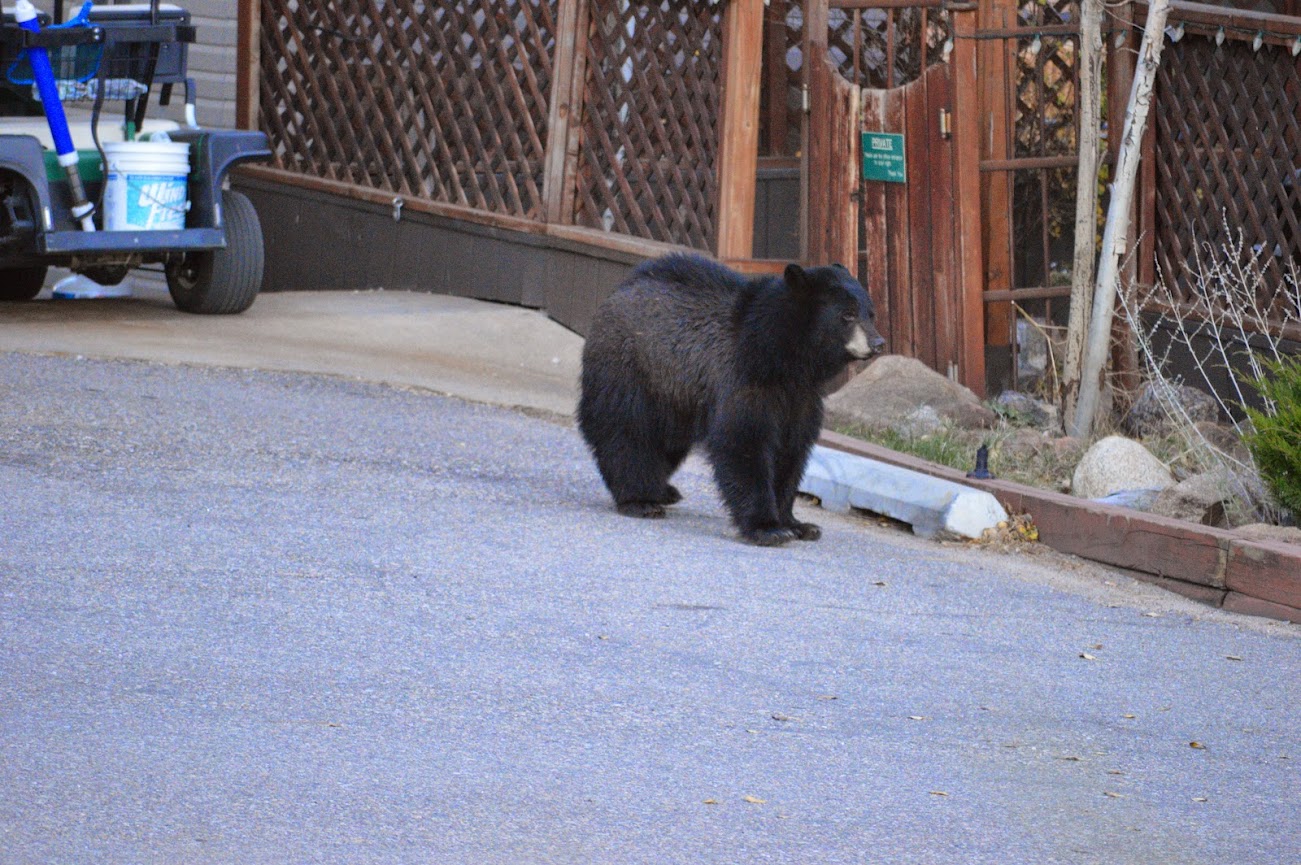Dee Groberg - "THE RACE"
“Quit! Give up! You’re beaten!” they shout at me, and plead.
“There’s just too much against you now, this time you can’t succeed.”
And as I start to hang my head in front of failure’s face,
My downward fall is broken by the memory of a race.
And hope refills my weakened will, as I recall that scene,
For just the thought of that short race rejuvenates my being.
They all lined up so full of hope, each thought to win that race.
Or tie for first, or if not that, at least take second place.
And fathers watched from off the side, each cheering for his son,
And each boy hoped to show his dad, that he would be the one.
The whistle blew, and off they went, young hearts and hopes afire,
To win and be the hero there was each young boy’s desire.
And one boy in particular, whose dad was in the crowd,
Was running near the head, and thought, “My dad will be so proud!”
But as he fell, his dad stood up, and showed his anxious face,
Which to the boy so clearly said, “Get up and win the race.”
He quickly rose, no damage done, behind a bit, that’s all,
And ran with all his mind and might to make up for his fall.
So anxious to restore himself, to catch up and to win,
His mind went faster than his legs; he slipped and fell again!
He wished then he had quit before with only one disgrace.
“I’m hopeless as a runner now, I shouldn’t try to race.”
But in the laughing crowd he searched, and found his father’s
face,
that steady look that said again, “Get up and win the race!”
So up he jumped to try again, ten yards behind the last,
“If I’m to gain those yards,” he thought, “I’ve got to move real fast.”
Exceeding everything he had he gained back eight or ten,
But trying so to catch the lead, he slipped and fell again.
Defeat! He lay there silently, a tear dropped from his eye.
“There is no sense in running more. Three strikes, I’m out, why try?”
The will to rise had disappeared, all hope had fled away.
So far behind, so error prone, a loser all the way.
“I’ve lost, so what’s the use,” he thought, “I’ll live with my disgrace.”
But then he thought about his dad, who soon he’d have to face.
“Get up!” an echo sounded low, “Get up, and take your place.
You were not meant for failure here, get up and win the race.”
“With borrowed will get up,” it said, “You have not lost at all.
For winning is no more than this: to rise each time you fall.”
So up he rose to run once more, and with a new commit,
He resolved that win or lose, at least he wouldn’t quit.
So far behind the others now, the most he’d ever been,
Still he gave it all he had, and ran as though to win.
Three times he’d fallen stumbling, three times he’d rose again,
Too far behind to hope to win he still ran to the end.
They cheered the winning runner, as he crossed the line first place.
Head high and proud and happy, no falling, no disgrace.
But when the fallen youngster crossed the finish line last place,
The crowd gave him the greater cheer for finishing the race.
And even though he came in last, with head bowed low, unproud,
You would have thought he won the race to listen to the crowd.
And to his dad, he sadly said, “I didn’t do so well.”
“To me you won!” his father said, “You rose each time you fell.”
And when things seem dark and hard, and difficult to face,
The memory of that little boy helps me to win my race.
For all of life is like that race, with ups and downs and all,
And all you have to do to win is rise each time you fall.
“Quit! Give up! You’re beaten!” they still shout in my face.
But another voice within me says: “GET UP AND WIN THE RACE!”



.JPG)

.JPG)

.JPG)

+7-14-2012+4-21-32+PM.JPG)
+7-14-2012+4-21-17+PM.JPG)

+7-14-2012+3-16-41+PM.JPG)














